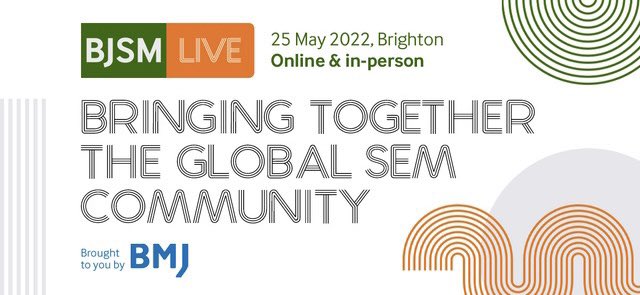I probably should introduce myself! Hi, I am Tanesha and I am a co-organizer for #BlackInMH Week! I am a 3rd year clinical psychology doctoral student! I am super excited to be taking over the RealScientists Page today!
So if you don't have time to read the lovely interview about me [link.medium.com/IUIZkZXlV9] I will give you the short version. I am interesting in researching how racial discrimination and socioeconomic status impact mental health outcomes (both positive and negative aspects).
As we know, racial discrimination and racism as a whole SEVERELY impacts a person's mental and physical health. I want to understand how a person's socioeconomic status (SES) changes that impact. Due to my own personal experiences with SES mobility.
What we know and is well documented in the literature is that half Black people who are born poor, stay poor. And this fact alone really sparked my interest in socioeconomic status as a whole.
It's just fascinating and devastating to me. While money isnt everything - not having it surely shapes how you interact with the world. And how the world interacts with you.
All that to say, mental health is OBVIOUSLY effected by a person's socioeconomic status, and then to layer on racism - phew! It is a lot! And that is what I will probably be spending my life's work on researching!
if you have any questions about SES and mental health and racism let me know! I'll try to get to as many as I can!
• • •
Missing some Tweet in this thread? You can try to
force a refresh









